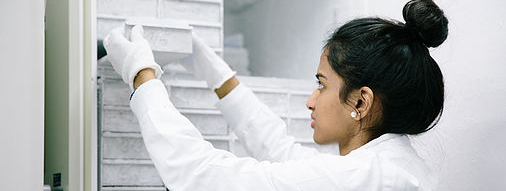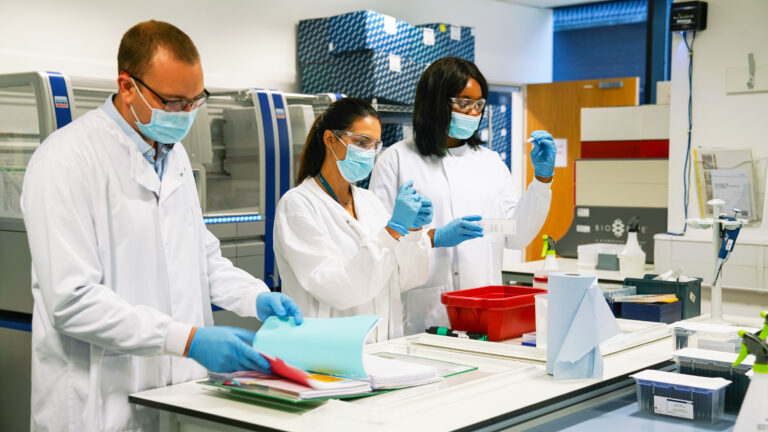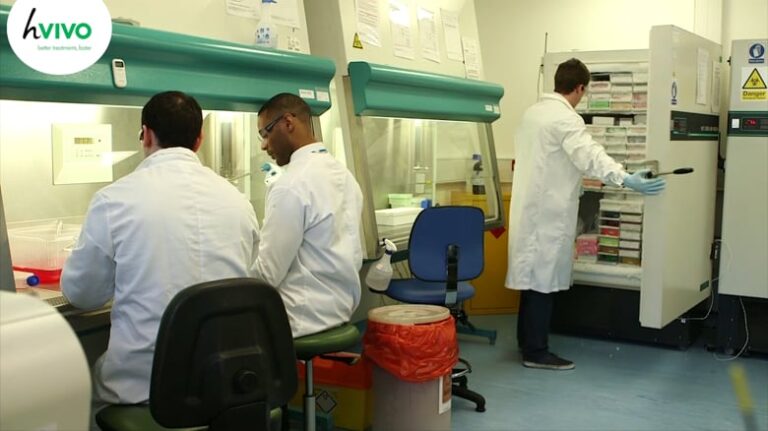Open Orphan plc (LON:ORPH), a rapidly growing specialist contract research organisation (CRO) and world leader in testing infectious and respiratory disease products using human challenge clinical trials, has noted a key considerations document for developing and manufacturing challenge agents published in the Wellcome Open Research Journal co-authored by Alex Mann, Senior Director of Clinical Research of hVIVO and the project lead, a subsidiary of Open Orphan plc, titled ‘Considerations on the Principles of Development and Manufacturing Qualities of Challenge Agents For Use In Human Infection Models’.
The project was funded by the Wellcome Trust and HIC-Vac, an international network of researchers who are developing human infection challenge (HIC) studies to accelerate the development of vaccines, based at Imperial College London. The considerations document was prepared by an hVIVO led consortium, involving engagement with global experts in the human challenge field and manufacturing. It outlines the key aspects of the development, characterisation and manufacture of infectious challenge agents. The aim of the document is to promote volunteer safety whilst maximising access to challenge agents and challenge models in low-income or middle-income countries (LMICs) and academic institutions globally.
It is hoped that these considerations will be used across high-, middle- and low-income countries for the safe production of challenge agents by trained personnel with appropriate facilities, quality control measures and other best practices.
The increase in human challenge studies being established in LMICs and the need for challenge agents to reflect naturally occurring and epidemiologically relevant pathogen strains means there is an increased likelihood that they will be manufactured in conditions where full Good Manufacturing Practice (“GMP”) is not possible. This document fills the previous gap of clear guidance on the minimum requirements for high-quality and safe manufacture outside of GMP facilities.
Challenge agents are the viruses, parasites, bacteria used in human challenge trials that volunteers are purposely challenged with. Depending on the design of the trial, the volunteers may or may not be administered a trial drug candidate before or after being exposed to the challenge agent to provide early proof of concept, allowing the candidate to progress more quickly to phase II or phase III trials.
Wellcome Open Research provides all Wellcome researchers with a place to rapidly publish any results they think are worth sharing. All articles benefit from rapid publication, transparent peer review and editorial guidance on making all source data openly available.
Yamin Khan, Chief Executive Officer of Open Orphan, said: “As the world leader in conducting human challenge studies I am delighted that Open Orphan continues to play a key role in democratising access to human challenge trials. This latest document provides clear considerations for challenge agent manufacturing, where previously a gap existed regarding the minimum requirements for high-quality safe manufacture outside of GMP facilities. Human challenge trials have clear advantages over traditional clinical field trials, and their global adoption will be vital to progressing the development of vaccines and anti-infectives around the world.”
Alex Mann, Project leader and Senior Director, Clinical Science at hVIVO, said: “I was pleased to co-author the considerations document and the associated summary publication in collaboration with the Wellcome Trust and HIC-Vac, that recommends key aspects for researchers to consider for challenge agent development and manufacturing. In recent years, there has been an increase in human challenge studies in low- or middle-income countries where GMP facilities are not readily available. This document will support the development, characterisation and manufacture of challenge agents in these settings, while also maximising volunteer safety and access to challenge agents and challenge models.”
Shobana Balasingam, Research Lead in Infectious Disease Prevention at Wellcome, said: “The guidance to manufacture safe and effective challenge agents under GMP conditions differs globally and is not always feasible, which can slow down vital research, particularly in low- and middle-income countries where this research is often most-needed. However, guidelines for manufacturing outside of GMP facilities are not currently available.
“As funders of global infectious disease research, Wellcome are please to support this clear and practical document for developing challenge agents where GMP is not possible. This guidance can ensure the full potential of human infection studies around the world, which provide crucial insight into infectious diseases, helping to rapidly accelerate the development of vaccines.”
An editorial will be published alongside the report: ‘Considerations on the Principles of Development and Manufacturing Qualities of Challenge Agents For Use In Human Infection Models’ by Shobana Balasingam, Sarah Meillon, Cecilia Chui, Alex Mann, Carine La, Charlie Weller, Debbie King and Emma Smith. Available in Wellcome Open Research. DOI: https://doi.org/10.12688/wellcomeopenres.17869.1







































